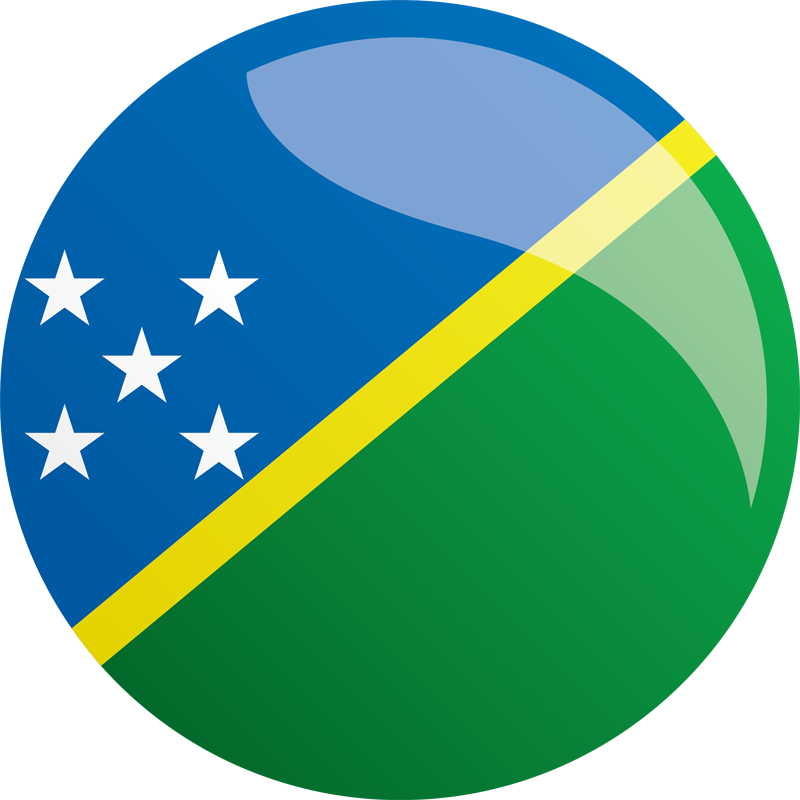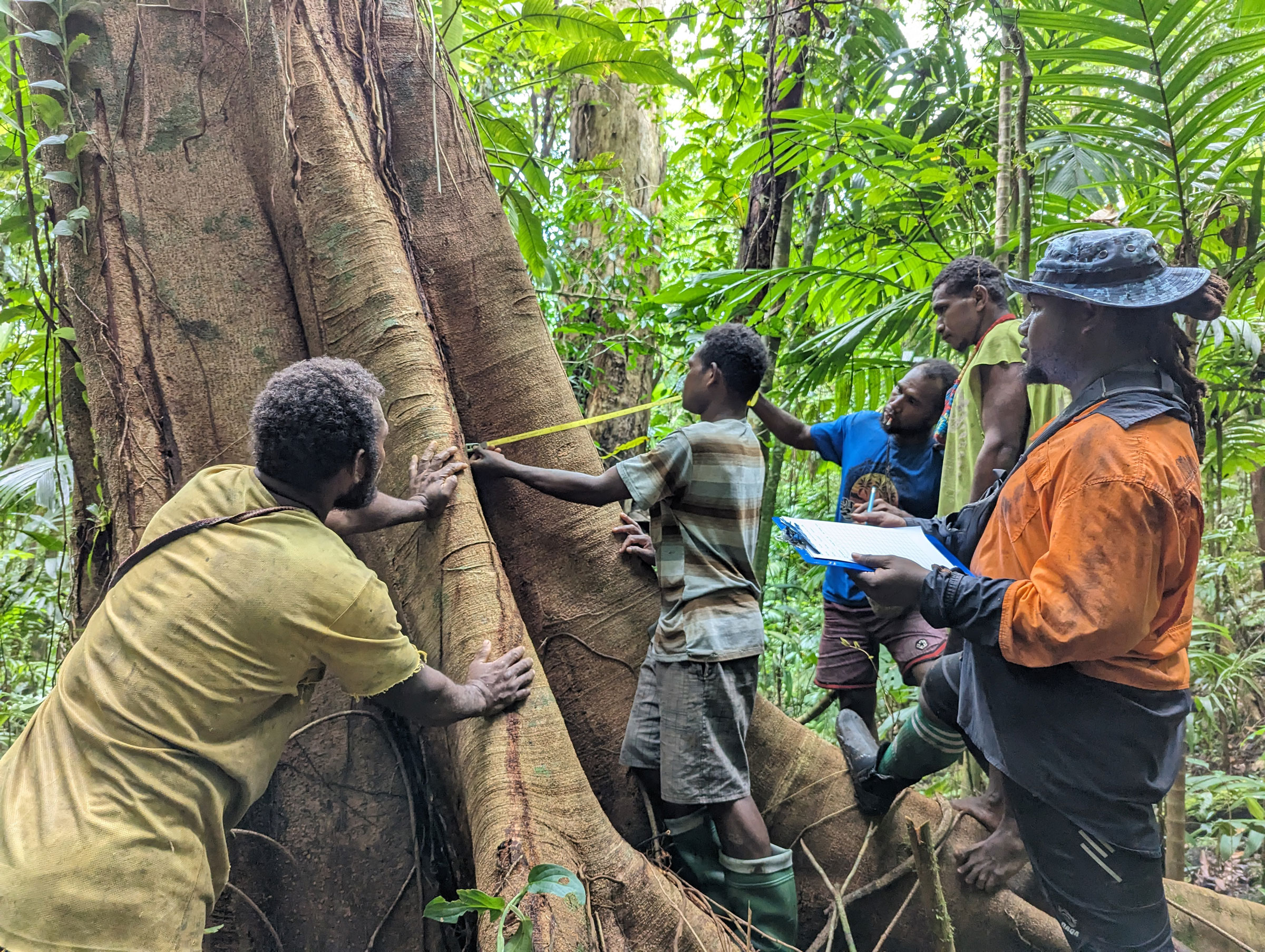In December 2018, the MCC Board of Directors selected Solomon Islands as eligible to develop a threshold program and in January 2022, MCC and the Government of Solomon Islands signed a $20 million threshold program.
Solomon Islands, an archipelago of 997 islands in Oceania, is a small, remote island economy that faces substantial development challenges including over-harvested forests and an inability to secure land for investment to grow the tourism sector.
The MCC Threshold Program aims to reduce poverty by assisting the government in addressing the country’s biggest constraints to economic growth: ineffective management of natural resources in the forestry sector and lack of secure access to land which limits tourism investment. The threshold program will address these challenges through two projects: the Forest Value Enhancement Project (FoVEP) and the Accessing Land for Tourism Investment Facilitation (ALTIF) Project.
Financials
Financials as of September 30, 2024
Program Budget
Milestones
-
Signed:
January 22, 2022 -
Entry Into Force:
January 22, 2022
Program Projects
-
$11,562,000
Project Total Amount -
$10,187,498
Project Amount Committed -
$3,071,674
Project Amount Expended
The ALTIF Project will address the land access and investment facilitation issues to help the country grow its tourism sector. The ALTIF Project seeks to achieve this objective by building government capacity to identify investable land and facilitate investment in the sector. The ALTIF Project aims to increase tourism investment in Solomon Islands, which is expected to deliver jobs and productivity gains, increased local purchases, and foreign exchange benefits.
-
$6,500,000
Project Total Amount -
$6,107,486
Project Amount Committed -
$2,209,730
Project Amount Expended
FoVEP aims to generate more reliable, sustainable benefits from the country’s natural forest resources by:
- reducing negative environmental impacts,
- increasing revenues from forestry production in a manner that promotes more equitable revenue disbursement to local communities, and
- attaining a regulatory and enforcement framework that strikes a greater balance between utilizing the forests for both logging and non-logging purposes.



